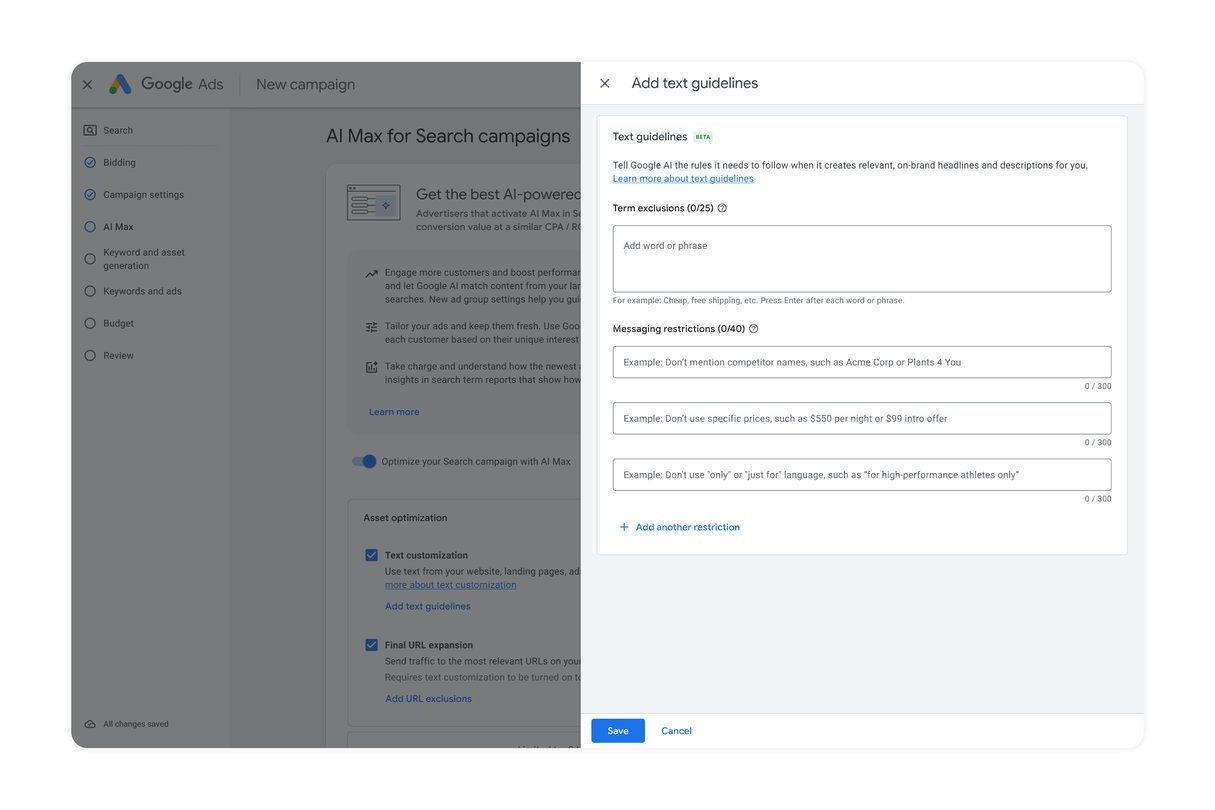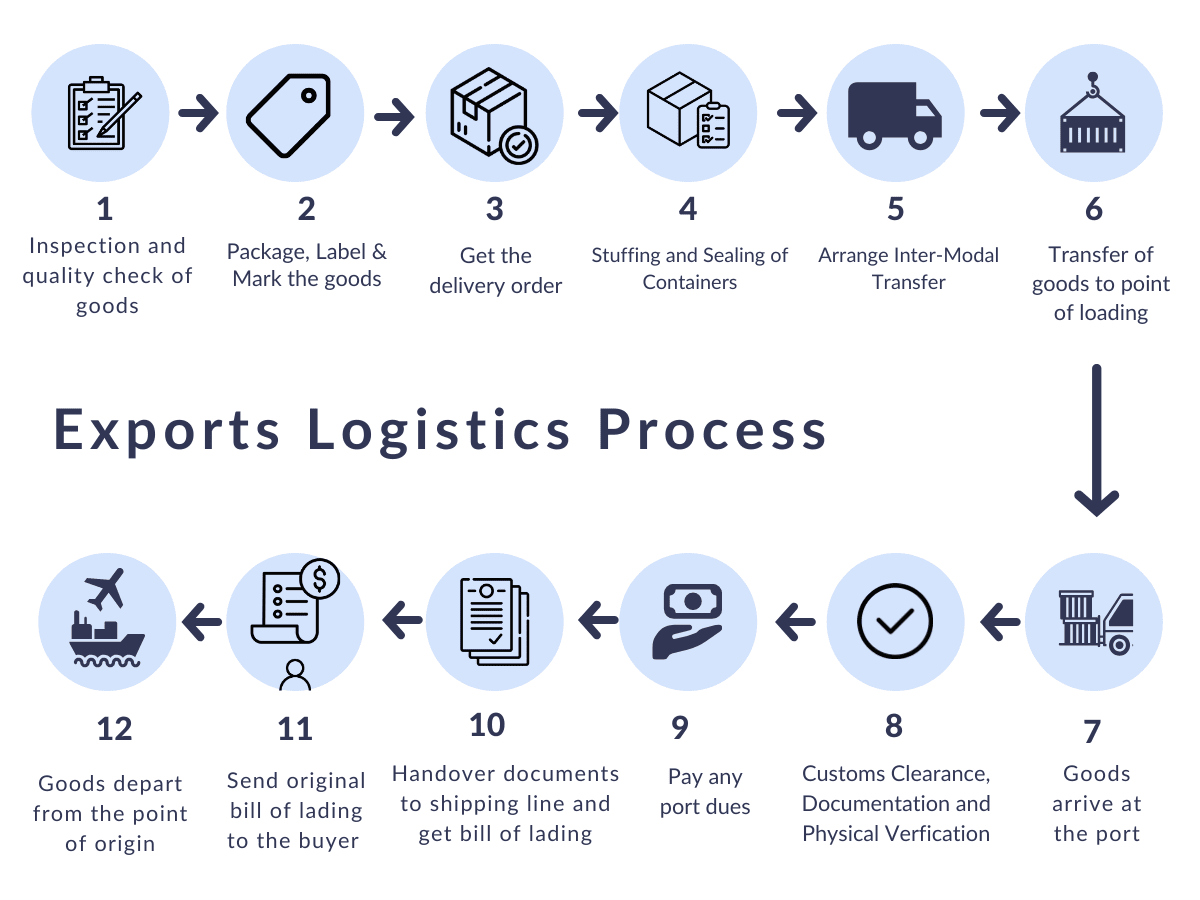As the Director of Planning and Strategy at Fanatics, Nitin Natesh Kumar is guiding high-performance logistics strategies at scale. By leveraging his expertise in artificial intelligence (AI), data analytics, and machine learning (ML), he has helped businesses of all sizes to optimize. With Kumar’s leadership, small and mid-sized businesses (SMBs) are learning how to operate with the same sophistication as large enterprises by reducing costs, improving service levels, and accelerating growth.
Gaining Expertise in the E-Commerce Industry
Though he began his career as a product engineer, Kumar joined Wayfair in 2016 as a Manager of Operations and Logistics. Building from this experience, he joined Walmart as a key part of the company’s e-commerce division in 2018. Upon being tasked with designing a transportation network for fulfillment centers that handled millions of packages annually, Kumar was faced with the COVID-19 pandemic.
“Overnight, e-commerce demand spiked to levels no forecast had ever contemplated,” Kumar stated. “My challenge was clear: build capacity at scale and speed, without compromising on service or reliability… we achieved scalability by curating the right items, clustering demand, and engineering efficient transportation lanes.”
Guiding SMBs Toward Long-Term Growth
Having successfully created new pathways for operational success amid heightened complexity, Kumar proved his ability to uncover the secrets of the supply chain that small and medium-sized businesses (SMBs) tend to struggle with.
“I know the exact playbook large companies use to gain cost advantages, delivery speed, and customer loyalty,” Kumar explained. “Whether it’s optimizing distribution network design, deploying micro-fulfillment centers, or building smarter S&OP processes, I help SMBs punch above their weight in a competitive market.”
By 2021, Kumar translated this expertise to Shopify and OnTrac, mid-sized companies in need of enterprise-grade logistics. With these businesses, he applied the same strategies at the right size and helped to level the playing field. Additionally, he gained expertise in designing AI-enhanced systems, which promoted rapid expansion from the point of implementation.
Driving AI Innovation at Fanatics
Today, at Fanatics, a global leader in licensed sports merchandise, Kumar is helping redefine what is possible in e-commerce logistics. His work focuses on building intelligent, AI-driven supply chains that are agile, efficient, and resilient enough to withstand disruption.
“I’ve seen firsthand that every challenge hides an opportunity to innovate,” Kumar shared. “From competing with industry giants to launching new services that redefine customer expectations. The key is building adaptability into the network.”
By embedding AI into every layer of logistics planning, Kumar is creating systems that think and respond in real time. This enables faster and smarter decision making, along with proactive risk management. His approach gives small and medium sized retailers the same kind of strategic advantage that large corporations enjoy, helping them stay competitive in a constantly changing market.
Shaping the Future of Logistics
Looking ahead, Kumar envisions a future where AI and data analytics help small and mid-sized e-commerce businesses compete on equal footing with global leaders. His deep expertise in designing resilient, tech-enabled networks positions him to guide the next generation of businesses toward smarter, more efficient operations
“My focus now is simple,” Kumar concluded. “I help small and medium businesses across the U.S. build smart, AI-driven, resilient supply chains that achieve operational success and turn vision into results.”
The information provided in this article is for general informational and educational purposes only. It is not intended as legal, financial, medical, or professional advice. Readers should not rely solely on the content of this article and are encouraged to seek professional advice tailored to their specific circumstances. We disclaim any liability for any loss or damage arising directly or indirectly from the use of, or reliance on, the information presented.









